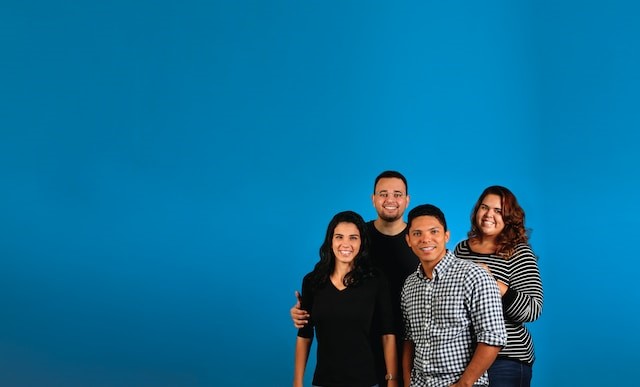
Helping families create a meaningful structure for their philanthropy has long been a hallmark service of the community foundation. That structure and the resulting discipline are increasingly important as both wealth and charitable giving more frequently span multiple generations. Indeed, spontaneous and unstructured conversations around wealth and philanthropy can be a source of family discord.
By being part of the discussion–whether formally or informally, at the table or behind the scenes–the team at the community foundation can help families resolve issues and smooth out the edges around common intra-family challenges, including communication, decision-making, and charitable giving.
Here are a few of the ways the team at the community foundation can help:
–Serving as a coach to foster thoughtful, intentional, and inclusive family conversations, even if the community foundation team member is serving simply in an “icebreaker” role.
–Offering guidance from the position of a facilitator to assure that all voices are heard, particularly as views across generations can differ.
–Helping a family structure a series of discussions that employ a phased-in or “dimmer-switch” approach, beginning with values-centered discussions to identify common ground and progressing to systematic funding and allocation conversations and decisions.
The community foundation can work with a family under a variety of circumstances. For example:
–Some families enjoy organizing their charitable giving through both a private foundation and a donor-advised fund at the community foundation. The team at the community foundation can serve as a sounding board for grant making from both vehicles and work with a family’s tax advisors to help optimize the role and use of each vehicle.
–Many families have found that a donor-advised fund at the community foundation meets all their charitable giving needs, and they appreciate the community foundation taking on the administrative burden associated with tax filings and administration. In some cases, a family decides to close their private foundation altogether and transfer the assets to a donor-advised fund at the community foundation.
–Some families leverage the community foundation for the full suite of its charitable giving services, often using a donor-advised fund in much the same way they’d use a private family foundation, only with increased privacy and no need to create a separate legal entity, thanks to the community foundation’s umbrella 501(c)(3) status.
By consulting with the team at the community foundation, and leaning into the structure that’s right for them, families can help their favorite community causes—and keep the peace across generations.